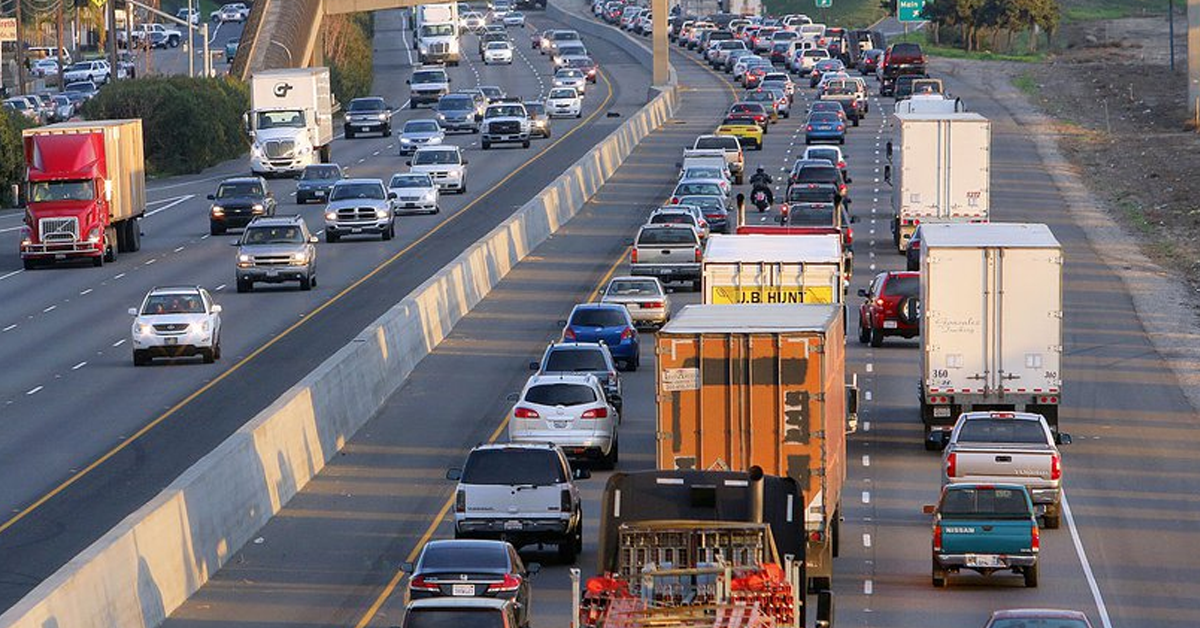California drivers will not have to worry about their cars beeping at them for going over the speed limit.
California Gov. Gavin Newsom vetoed a bill that would have required new cars to beep if they go over the speed limit by 10 miles per hour.
Driving the news: Sen. Scott Wiener (D–San Francisco) initially introduced Senate Bill 961 earlier this year to force all new vehicles sold by 2027 to have speed limiter technology.
- That technology would cap a vehicle’s speed at 10 miles per hour over the posted speed limit.
- But Wiener amended the bill after questions from his fellow lawmakers, toning it down to get it through the Senate Transportation Committee in April.
- The proposal that eventually made it through the legislature would have required all new vehicles sold by 2030 to have a passive intelligent speed assistance system that alerts drivers when they go 10 miles per hour over the speed limit.
Why he vetoed: Newsom said in his veto that while he appreciates the intent to improve traffic safety, the bill was ultimately too challenging to implement.
- Newsom noted that federal law already regulates vehicle safety standards, saying “adding California-specific requirements would create a patchwork of regulations that undermines this longstanding federal framework.”
- Newsom also said the National Highway Traffic Safety Administration is actively evaluating intelligent speed assistance systems, and imposing a state-level mandate would risk disrupting the ongoing federal assessments.
State of play: If Newsom had gone forward with SB 961, California would have been the first state in the nation to require speed warnings.
- Wiener’s proposal was similar to legislation that has already been passed in the European Union.
What they’re saying: Wiener said in a statement that Newsom’s veto is a setback for street safety.
- “The evidence is clear: Rising levels of dangerous speeding are placing all Californians in danger, and by taking prudent steps to improve safety, we can save lives,” Wiener said. “California should have led on this crisis as Wisconsin did in passing the first seatbelt mandate in 1961. Instead, this veto resigns Californians to a completely unnecessary risk of fatality.”











